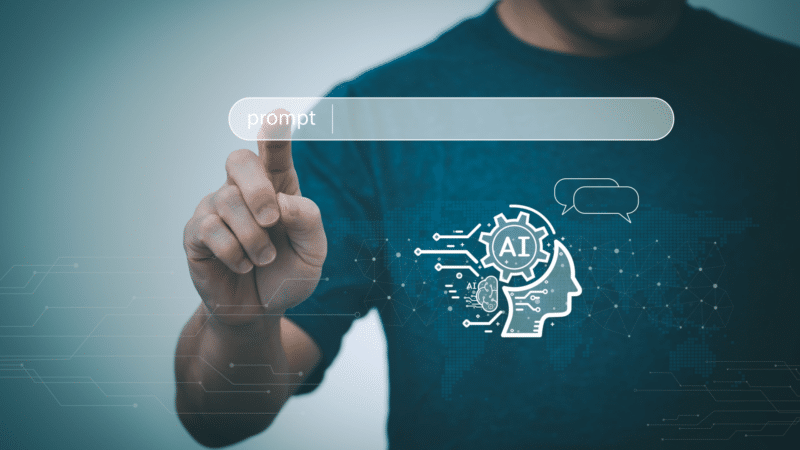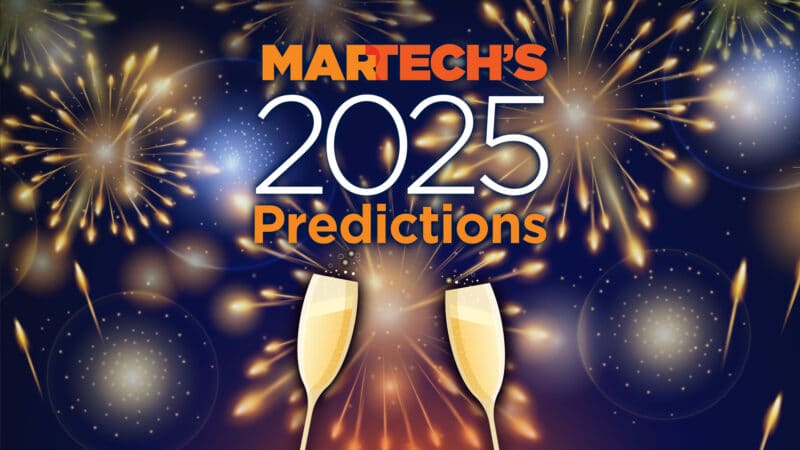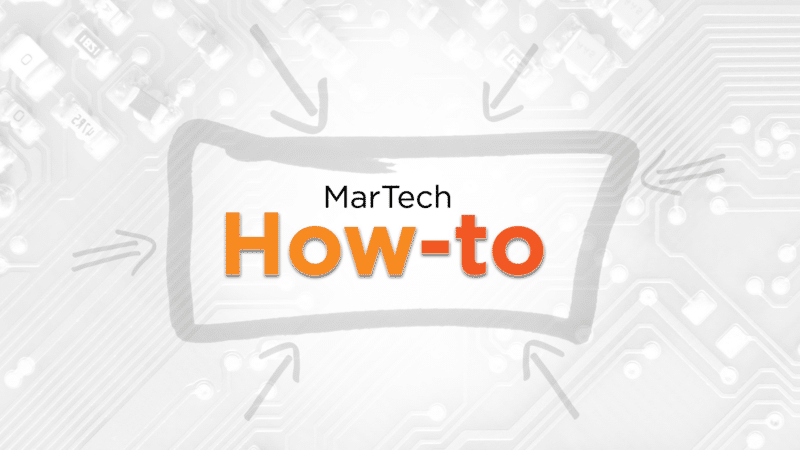
“If the tech stack were an orchestra, which product would be the conductor?” asks Chief Martec Scott Brinker in his first column of the year. To cut to the chase, Brinker thinks there’s an important role for AI agents to play here.
That will be the case for some businesses certainly — and almost by default for businesses relying on vendors that have themselves taken the agentic route. Not just Salesforce (Agentforce) but also HubSpot (Breeze AI), where Brinker serves as VP platform ecosystem).
Before we look forward, it’s revealing to look back.
How the martech stack became what it is today
It was almost six years ago (March, 2019) that I sat down with Brinker to talk about the transition from single-vendor marketing cloud versus “Frankenstack” to a platform model. Let me break that down.
There was a period in the twenty-teens when vendors like Oracle and Salesforce were essentially saying, to the businesses that could afford them, leave it all to us. We will get around to providing all the services you need. Indeed, the late Mark Hurd, then Oracle CEO, predicted in 2015 that, by 2027, two vendors would command 80% of the martech market.
“Frankenstack,” on the other hand, was all about subscribing to individual point solutions and somehow stringing them together (sorry, integrating them) in-house. It was an approach often driven by necessity for businesses that couldn’t afford to become an Oracle or Salesforce shop.
The transition that was taking place at HubSpot (and indeed Salesforce) that Brinker and I discussed was the emergence of a platform model. One solution would sit at the center of the stack, but through APIs would link to the single point solutions that did things the main platform couldn’t do (or did them better). Thus the development of Salesforce AppExchange and HubSpot App Marketplace.
Essentially, that’s where we still are today, although orchestrating and integrating large collections of apps and making the data flows between them make sense continues to be challenging. But let’s not overlook iPaaS.
iPaaS as a solution
Integration platform-as-a-service set out to ease those challenges by providing cloud-based tools designed to automate the integration and orchestration of martech applications. Take a look at Gartner’s definition:
iPaas is a suite of cloud services enabling development, execution and governance of integration flows connecting any combination of on premises and cloud-based processes, services, applications and data within individual or across multiple organizations.
One leading iPaaS vendor, Mulesoft, was acquired by Salesforce in 2018.
In practice, however, iPaaS solutions promised more than they could always deliver. Despite the promise of automation and even of the possibility that non-technical teams could use them. However, unseen complexities of integration and the frequent need to customize off-the-shelf APIs meant the involvement of developers; and developers, it is said, often preferred to work without the chosen iPaaS.
Dig deeper: AI transformation: 2025 predictions
iPaaS, meet AI
But don’t we now have an obvious contender to run iPaaS, or even to handle the orchestration of the stack without iPaaS? Meet your friendly AI agent.
That’s Brinker’s thesis, anyway. AI agents are already beginning to orchestrate the applications in the stack. As mentioned earlier, big players like Salesforce and HubSpot now have AI agents embedded in their platforms. As Brinker observes, medium-sized vendors are following a similar path (Braze and Zeta, for example).
Sounds simple enough. But there’s also a wild west of agent developer solutions providing businesses with the ability to create and customize their own agents for a wide range of purposes. Google and OpenAI support agent development, of course, but so do dozens of other much less familiar vendors (including low- and no-code solutions).
Echoes of Frankenstack? Agentstein?
Dig deeper: Customer experience management in the age of agentic AI
Out of chaos, find simplicity — but not yet
The potential of AI agents to finally solve stack integration and orchestration challenges is unquestionably exciting. As is their potential to devise and run marketing campaigns and take over 90% (or more) of customer support and service activities. (Automating the personalization of campaigns is “coming to be known as ‘AI Decisioning,’” says Brinker; that will come as a surprise to Pega which has been calling it that for years.)
I salute Brinker’s enthusiasm. But he and I have been around the block often enough to know that many developments that promised to fix everything — from marketing automation to CDPs — have turned out to be only partial solutions and have often actually added to stack complexity.
The agentifying of the Salesforces of this world may be a major development for Salesforce customers. But for many businesses, the deployment of AI Agents, whether for integration or other purposes, is going to be a long and complex task.
Read Brinker’s predictions here.
The post Will AI agents conduct the martech orchestra in 2025? appeared first on MarTech.








